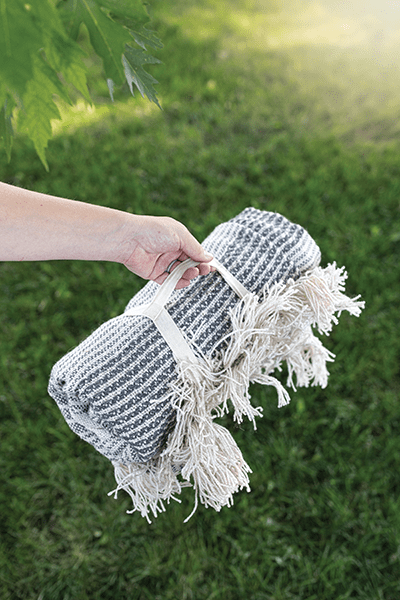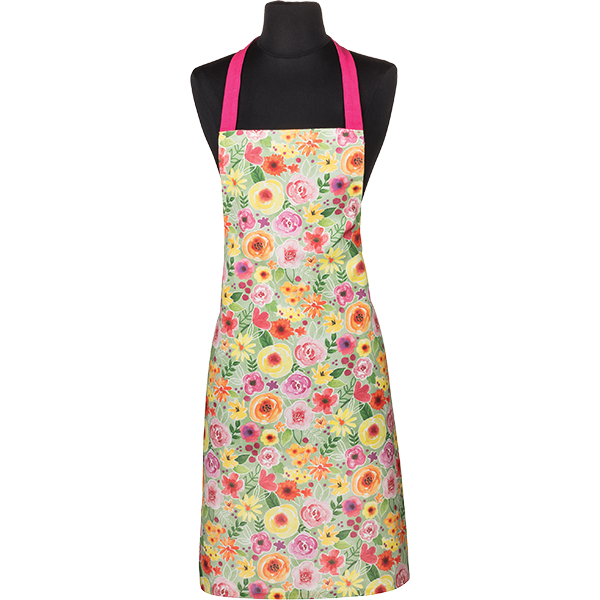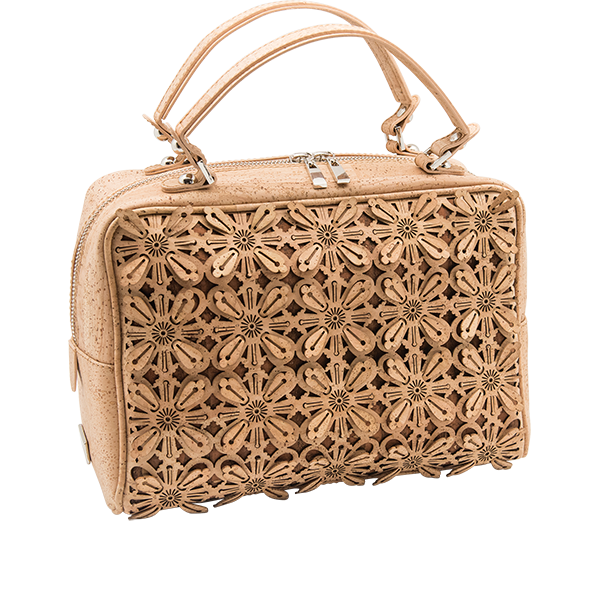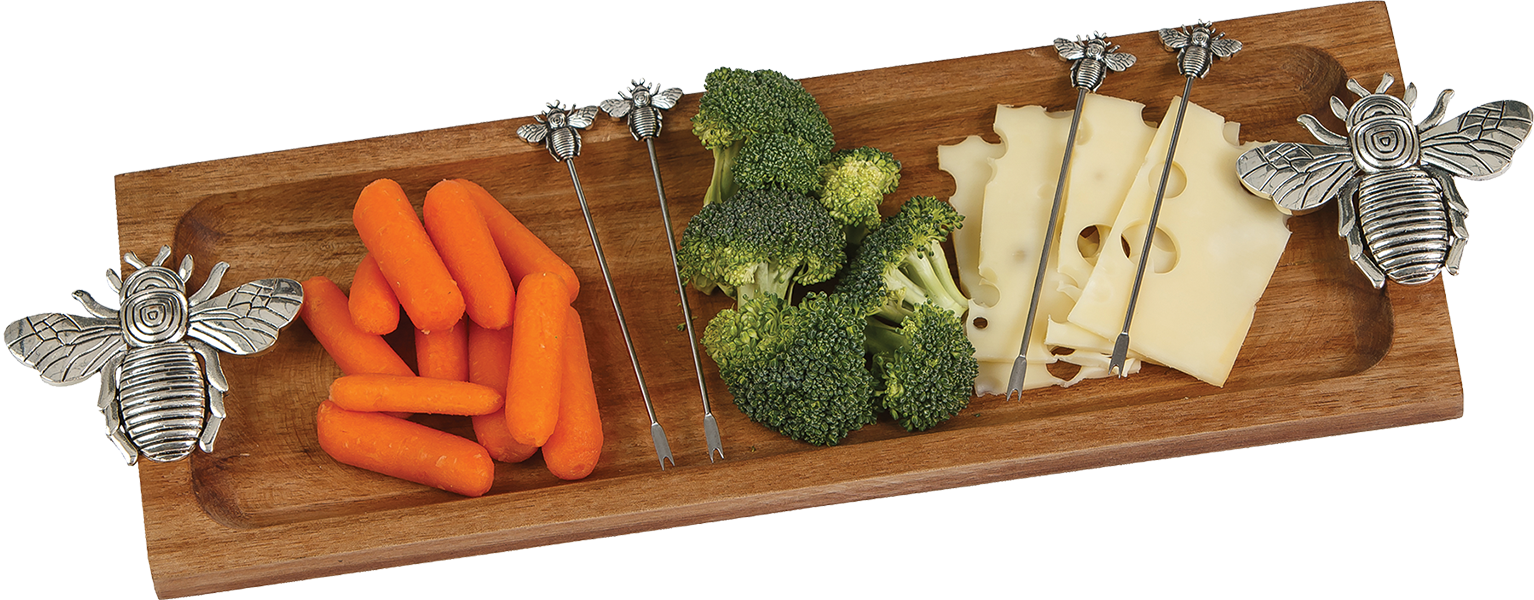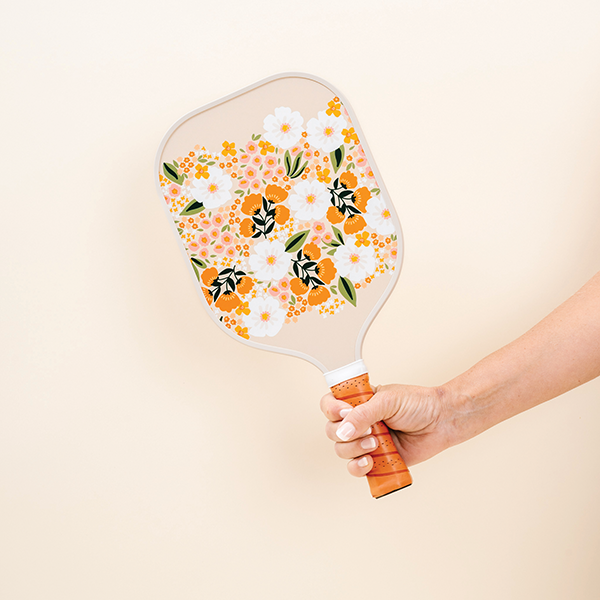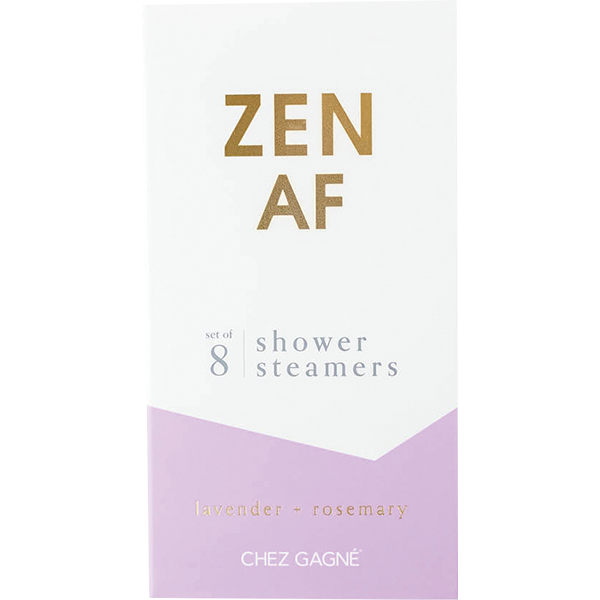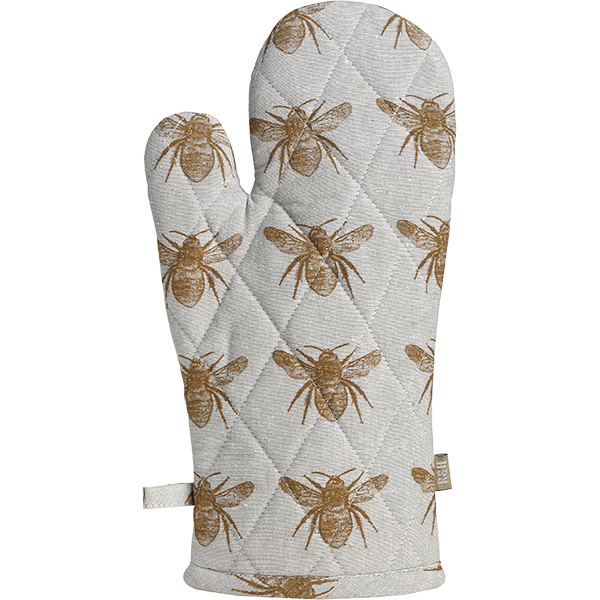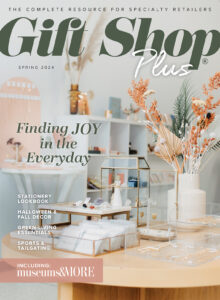Sales–stat!
Hospital gift shops continue to evolve with the times
To be successful in today’s competitive retail landscape, hospital gift shops must continue to evolve based on the demands of the consumer and in support of the hospital’s mission. Lori’s Gifts, a hospital gift shop management firm, has 30 years of experience with hospital gift shops and currently manage 245 shops in 33 states. They’ve had steady growth by opening on average 20 new gift shops each year exclusively in hospitals.
“Our hospital administrators recognize that the gift shop operation is a direct reflection of the hospital,” said Kim Schuler, CEO of Lori’s Gifts. “If it’s not a professionally run gift shop, then the first impression may not be positive since the gift shop is located in the front lobby entrance.”
Schuler joined Lori’s in 1999 after spending a decade at Hallmark Cards, Inc. working directly with specialty gift shops, and later in management at Hallmark’s corporate office. She took some time to share her expertise with Museums & More.
MM: Describe a typical hospital gift shop.
KS: The average gift shop size is 700 square feet, although we operate locations that are as small as 200 square feet and others that are more than 2,500 square feet. No two gift shops are alike, and we tailor our gift shop presentation to the needs of each hospital client. It’s a collaborative effort with each hospital partner to determine the store layout, product presentation and services offered.
Before we propose a gift shop layout, we evaluate the hospital’s specialty, review its demographics and ethnic mix, and most importantly, we find out from the hospital what types of products and services they want represented in the gift shop. We successfully link with a number of clinical specialties, such as oncology, orthopedics or obstetrics to provide support merchandise in the gift shop that doctors are recommending to their patients. Ultimately, the goal is to provide an enhanced customer service experience to the patient, offering one-stop shopping within the hospital – visit the doctor and leave with support merchandise that is prescribed, all within the same trip to the hospital.
MM: Can you talk more about the idea of healthcare-related products in the gift shop?
KS: It’s an emerging trend. In years past our gift shops were really operating independently of the hospital and we did not link with the clinical specialist. However, as administrators are becoming more concerned with patient satisfaction, we have responded by linking with the orthopedic clinics by offering specialized leg lifts, or obstetrics by offering breast pumps or offering book titles that are published by the on-site doctors. If an item or program is important to the hospital, it’s important to us.
If the hospital embraces the green initiative, we will offer a stronger selection of eco-friendly merchandise, such as dye-free bath and body lotions, soy candles and organic newborn blankets. We are also offering a stronger selection of healthy snacks, trail mixes and sugar-free and fat-free products within our consumable department. These products coupled with an increased assortment of juices, vitamin water and green tea provides the consumer a health-conscious alternative.
MM: What are the challenges of existing gift shops?
KS: Operating a hospital gift shop can be an administrative burden to the hospital, requiring additional resources to either oversee the volunteers or payroll expense to staff the gift shop. And in volunteer-run gift shops, it is difficult for the volunteers to keep a full staff who can keep the gift shop open every day, including holidays and on weekends.
The gift shop is the first impression to guests of a hospital and in today’s competitive healthcare market, all avenues must be professionally managed to best reflect the image of the hospital. To have a gift shop with limited inventory, limited hours of operation or staffed with employees that are not customer-focused does not represent the hospital favorably.
We embrace the tradition of volunteer-run gift shops by encouraging volunteers to continue serving there when we begin managing the gift shop. Volunteers choose their hours and the duties they perform – always backed by a paid Lori’s Gifts member. Other times, when the gift shop does transition from the volunteers to us, the volunteers are repositioned into other areas of the hospital that are in need of their support. The bottom line is that we all want the volunteers to feel welcome.
To further reinforce our commitment to the volunteer organization, we are more than willing to keep the same name of the gift shop that has been a tradition of the hospital for decades.
MM: What do predict for the industry in the next few years?
KS: I believe hospitals will continue to develop retail marketplaces within the hospital campus. These will not only provide a strong revenue stream to the hospital, but will ultimately benefit the visitors, patients and hospital employees by affording them the opportunity to purchase additional products and services at the hospital. You will also see a greater linkage to the clinical staff by offering products that the doctors are recommending, increasing customer satisfaction by providing the customer the opportunity to purchase what they need without ever leaving the hospital campus.
We continue to offer additional services in the gift shop such as selling stamps, local movie tickets, theme park tickets, massage therapy coupons and even hair salon coupons if those services are offered on campus. We also offer a customer loyalty program in which all guests of the hospital accrue points and earn gift certificates to the gift shop.
MM: What qualities are administrators focused on?
KS: Administrators contact us for a variety of reasons when their gift shop is not meeting their expectation. A top request is extending the operating hours and opening on weekends and holidays. Others are concerned with the need to offer a stronger merchandise assortment and better inventory management. Still others have been operating in the red and are looking forward to earning a profit in the gift shop by outsourcing.
Our goal is to provide a gift shop that is a true asset for the hospital while relieving the hospital of all management headaches. By assuming the responsibility for all buying, staffing, merchandising and accounting functions, Lori’s offers the ideal solution and frees up hospital resources to focus on patient care. Most importantly, to be successful, a professionally run gift shop operation needs to embrace the values of the hospital.
By Abby Heugel
Managing Editor













